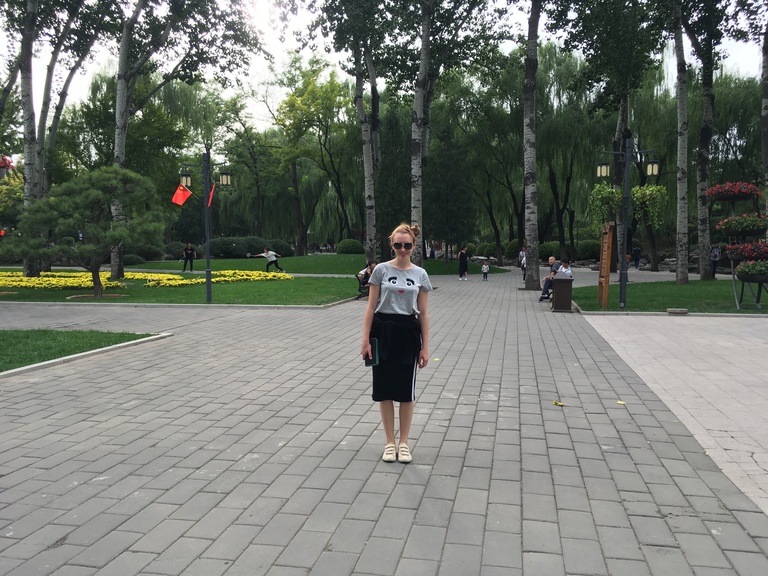
Peking University is ranked, along with Tsinghua University, among China’s premier institutions for higher education. The rigorous college entrance exam is the determining factor for students aspiring to enter the school’s rigorous academic environment. With that said, the Chinese education system is vastly different from American and Western education apparatuses. I am not fully matriculated at Peking University. Instead, I am enrolled in the School of Foreign Languages, which educates numerous international students that arrive in Beijing with varying language proficiencies.
Within the college for language study, different cohorts of international student are integrated into classes based on their Chinese level. I am studying through the Council on International Educational Exchange (CIEE) Intensive Chinese Language Program. This study abroad facilitator ensures that my credits successfully transfer back to the University of Iowa, helps me to secure the proper visa and living accommodations, and aids in the course registration process, among other tasks. In addition, CIEE coordinates activities for fellow American study abroad students, and maintains an office space in a high-rise building adjacent to campus.
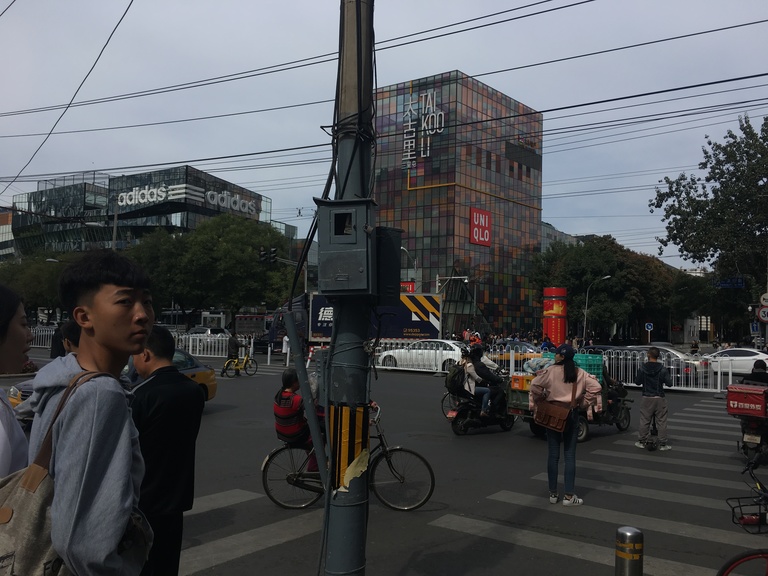
Navigating the Chinese university system can be difficult. As a result, studying with CIEE has its privileges. For example, at the start of the semester, the CIEE staff helped me to purchase the appropriate textbooks, and later, exchange my textbooks and transfer into a different Chinese level. CIEE’s connections at the university have made for a convenient transition process.
Moreover, CIEE has arranged for its students to prematurely finish the semester, allowing students to return to the United States in time for the Christmas holiday. Although I am staying for the duration of the academic year, and thus, will not be returning to the U.S. for the holidays, there is palpable excitement among my classmates to be reunited with friends and family in time for Christmas and the New Year. Other Western students that do not benefit from a program organizer such as CIEE, are resigned to complete the regular semester, requiring that they attend classes through the holidays, beginning their winter holiday on schedule with the Chinese Spring Festival.
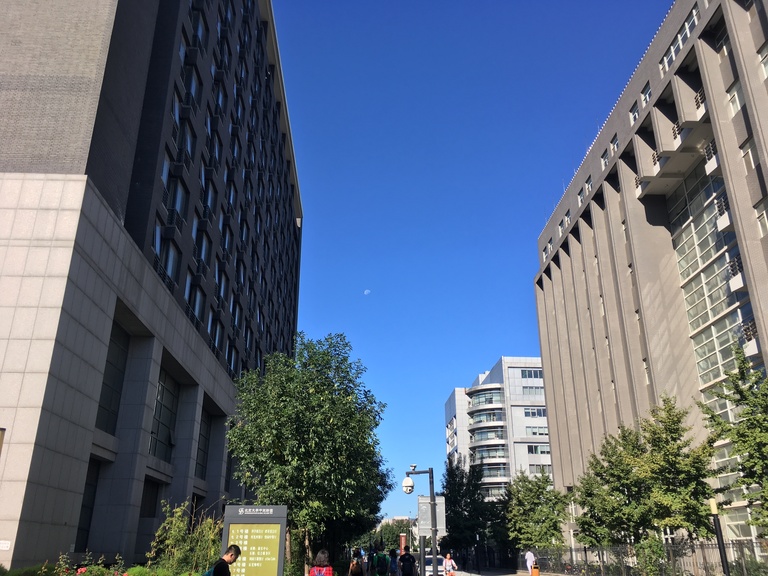
Many of my fellow international students are highly motivated to learn Chinese. Funding from the Chinese government allows large numbers of foreign students to study at Peking University, with the added expectation that they will matriculate into the university and complete their degree fully in Chinese. The Chinese students are equally, if not more, serious than the international students.
For the duration of three hour lectures I have sat in on in the School of International Relations, students frantically type detailed notes, chronically everything the professor says and photographing slides, if provided at all. The auditory experience of busy typing in these lectures speaks to the differences between the American and Chinese system. Students express deep respect for professors and are expected to regurgitate information from lectures and the text, verbatim, during the examination period. Quantity of information is important, necessitating long papers that detail a wide range of subjects covered in class.
In addition, the scheduling of courses is comparatively independent. From what I have ascertained, classes meet once per week for a three-hour course session. This requires that students are alert during lecture periods and complete immense amounts of self-study during the week. Based on my observations, this schedule eliminates the notion of studying during the work week and relaxing on the weekend. Instead, students are in a constant cycle of preparation for class meetings and examinations. With that said, this analysis is based only on my outsider’s assessment of the system. In Chinese, there is an idiomatic saying I recently learned that reads, “one man’s meat is another man’s poison,” meaning to each their own. Both the Western and Chinese systems have positive and negative attributes.
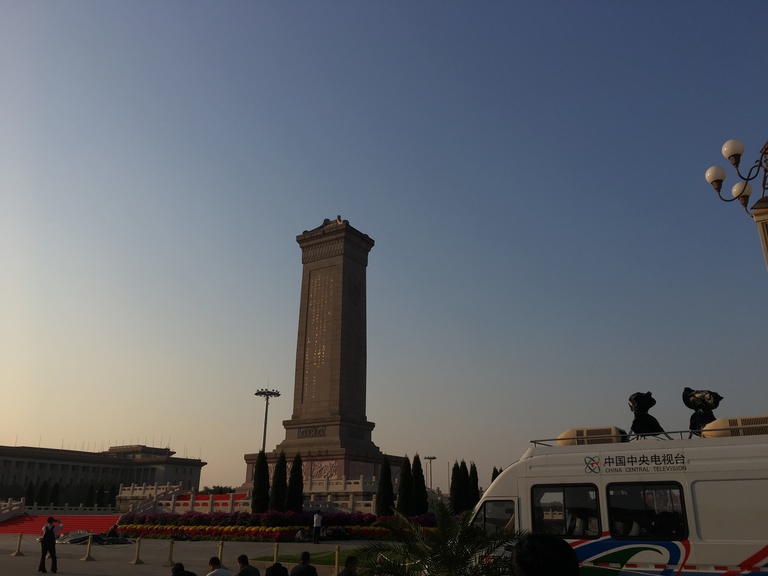
My classes in the School of Foreign Language are far less independent. Each week, I spend six hours in intensive reading class, six hours in speaking class, four hours in English to Chinese translation class, and four hours in newspaper reading class. Additionally, I have opted to participate in an English language course on Contemporary Issues in China that meets three hours per week. I also meet with a tutor, facilitated by CIEE, three hours every week.
This style of intensive language learning is both exhausting and demanding. Admittedly, I have not been the best student while studying here – I do not always complete my homework on time nor do I always feel adequately prepared for class. With that said, I am insistent that I prioritize spending time outside of the classroom, learning what I can while I have the opportunity to live in a Chinese city.
As the three-month marker approaches, I feel content with my approach to studying here. Rather than focusing my time solely on classroom contact and time studying in my room, I have made an active effort to settle into my life here and conduct an immersive approach to language learning. I may not have memorized all the vocabulary in my intensive reading text but I can fluently order a milk tea.
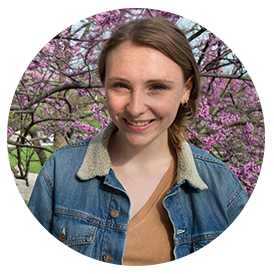
Emily Van Kirk is a Des Moines, IA native and Chinese and international relations major at the University of Iowa. Winner of a 2017 Boren Fellowship award, she will be spending the academic year in Beijing, China on the CIEE Beijing Intensive Chinese Language program.
Student blog entries posted to this International Accents page may not reflect the opinions and recommendations of UI Study Abroad and International Programs. The blog is intended to give students a forum for free expression of thoughts and experiences abroad in a respectful space.